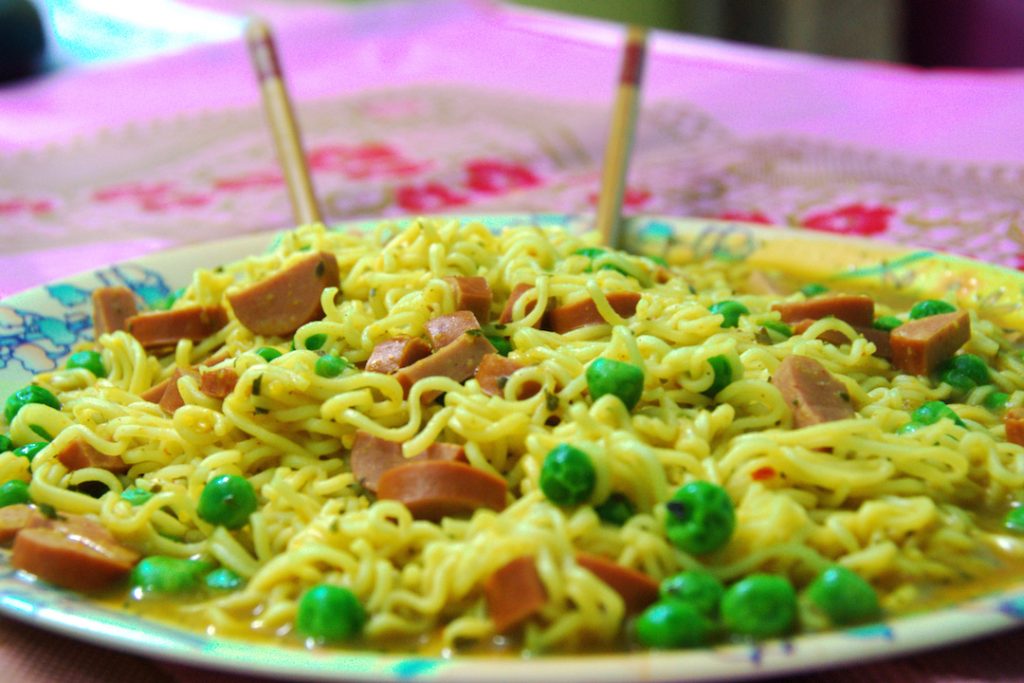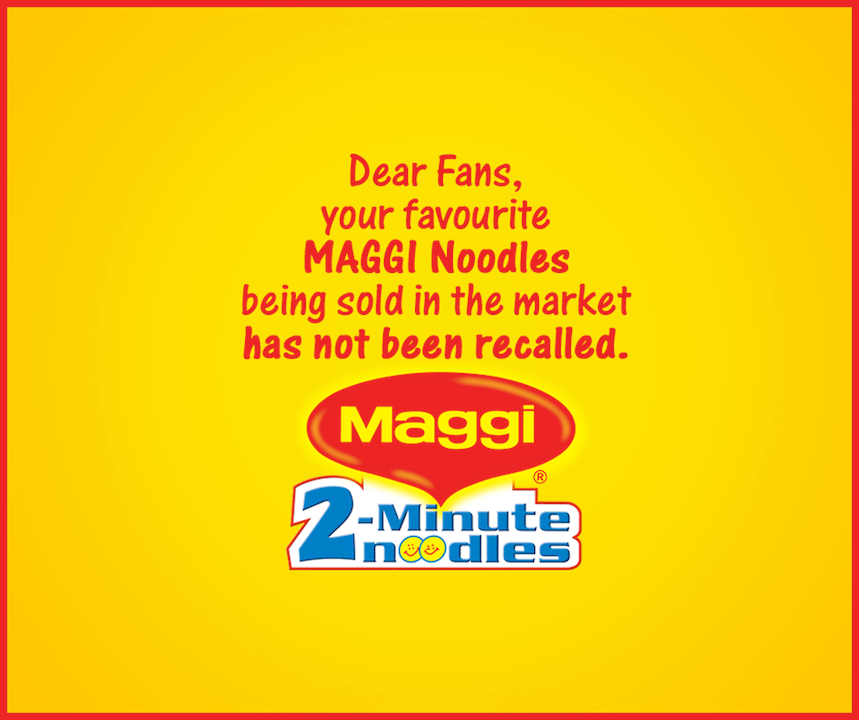Highlights
Nestle At War With The Government To Save Maggi
So this is getting interesting by the moment. As much as we our heart sinks at the mere thought of Maggi being banned in the country, but at some level we all know that even if the ban is issued, it is all for our own good.
Recap
Following an order issued on April 30 by the authorities in Lucknow, Nestle was asked to withdraw one batch of Maggi noodles after tests showed it contained seven times higher levels of lead than permissible and traces of the controversial ingredient monosodium glutamate (MSG). Nestle said in its defense that the batch was manufactured in February 2014 and had reached the best-before date in November itself. One batch contains about 200,000 packs. The company also said that it collects stock near the expiry date from distributors and retailers.
On Thursday, Nestle swung into damage control mode amid a social media storm over its flagship brand Maggi being unsafe for consumption. Nestle is confident that these packs are no longer in the market and that the company does not agree with the order and is filing the requisite representations with the authorities.

Nestle Speaks
There are no other orders to recall Maggi noodles in the market, the company said. “We have in place strict food safety and quality controls including thorough quality checks at each stage of our raw material sourcing and manufacturing process. This includes comprehensive testing to ensure that Maggi noodles comply with all applicable food safety laws,” a statement by Nestle read.
The company said it doesn’t add MSG to Maggi noodles sold in India and this is stated on the product. However, they use hydrolysed groundnut protein, onion powder and wheat flour to make Maggi noodles sold in India, which all contain glutamate. They believe that the authorities’ tests may have detected glutamate, which occurs naturally in many foods.
On allegations that Maggi noodles contain higher levels of lead, Nestle said it regularly monitors for lead as part of its quality control process. Apart from issuing the public statement, Nestle also published their side of the story on Nestle India’s homepage along with a letter to all consumers that is doing the rounds on Facebook. “We have submitted product samples to an independent accredited laboratory and will share the results with the authorities,” Nestle said in closing.





















